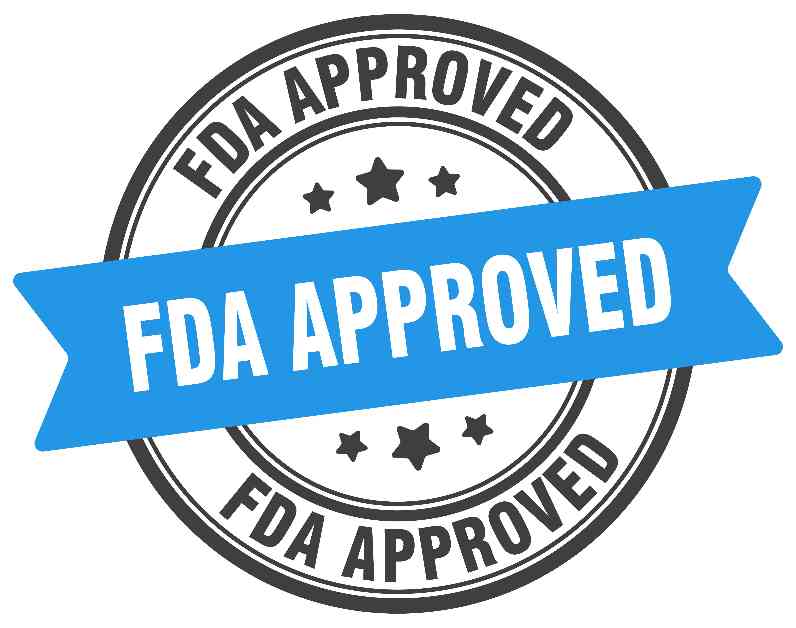The FDA has approved a new treatment for patients with relapsed or refractory B-cell acute lymphoblastic leukemia (ALL). This treatment, called obecabtagene autoleucel (obe-cel), is a chimeric antigen receptor (CAR) T-cell therapy that has shown promising results in clinical trials.
The approval of obe-cel was based on data from the FELIX trial, a study that included 94 patients with relapsed or refractory B-cell ALL. Of these patients, 65 were evaluated for efficacy, and 63% of them achieved overall complete remission. This is a significant outcome for a disease that historically has poor outcomes once patients relapse.
One of the key findings from the FELIX trial was that 42% of patients achieved complete remission at 3 months, which is a major milestone in the treatment of this aggressive cancer. The median duration of remission was 14.1 months, indicating that obe-cel has the potential to provide long-term benefits for patients with relapsed or refractory B-cell ALL.
In terms of safety, the FELIX trial reported low levels of cytokine release syndrome (CRS), with only 3% of patients experiencing grade 3 events. Additionally, 7% of patients experienced grade 3 or higher immune effector cell–associated neurotoxicity syndrome (ICANS). While these side effects are serious, they are manageable and do not outweigh the potential benefits of treatment with obe-cel.
It is important to note that there is no Risk Evaluation Mitigation Strategy (REMS) program required for obe-cel, which is a testament to its safety and efficacy profile. However, there is a boxed warning for CRS, neurologic toxicities, and secondary hematological malignancies, highlighting the importance of close monitoring and management of these potential side effects.
Overall, the approval of obe-cel by the FDA represents a significant advancement in the treatment of relapsed or refractory B-cell ALL. The results of the FELIX trial demonstrate that obe-cel has the potential to provide long-term remissions and improve overall survival rates for patients with this aggressive cancer. This milestone approval brings new hope for adult patients with relapsed or refractory B-ALL and underscores the importance of ongoing research and development in the field of oncology.
